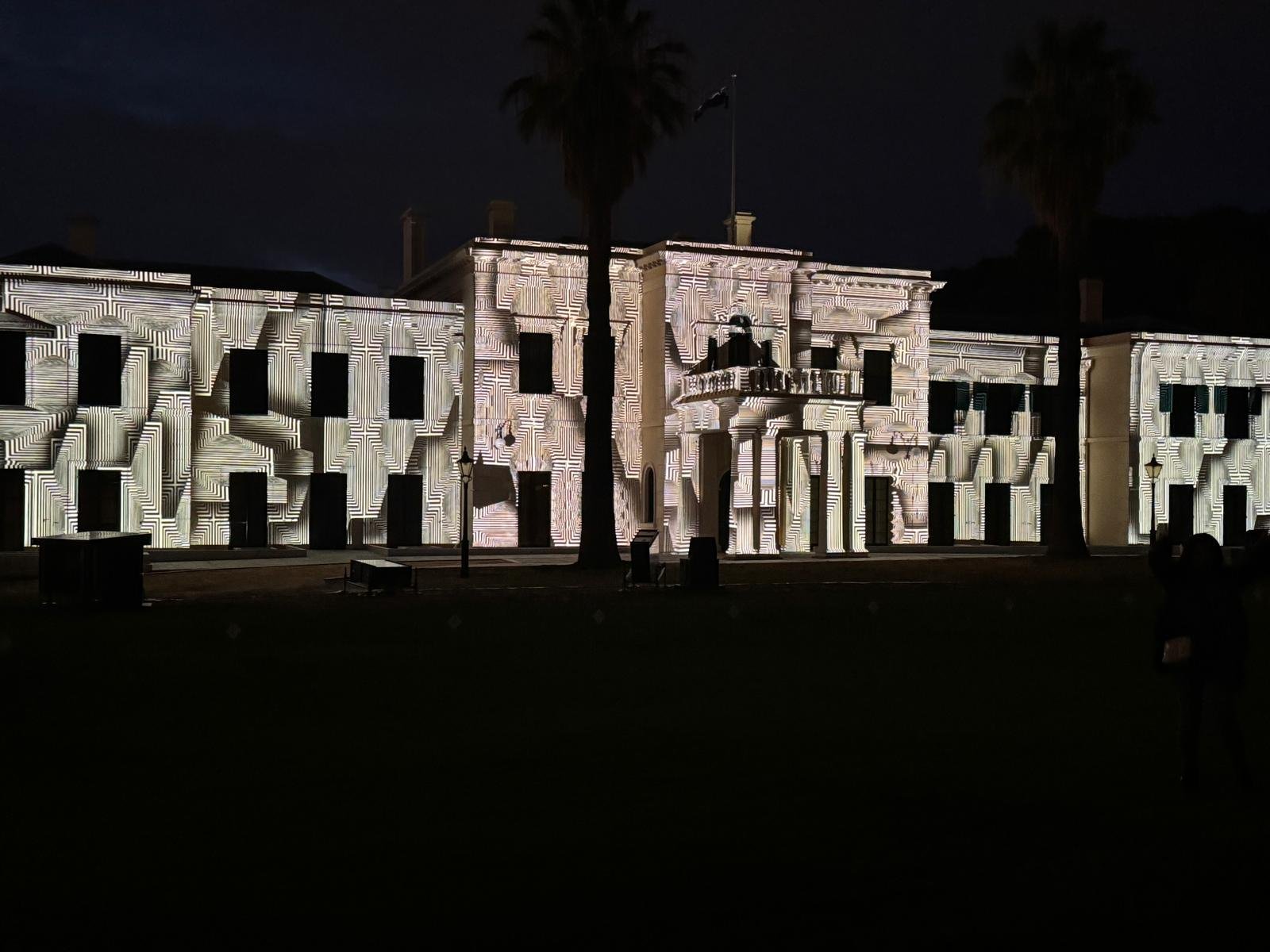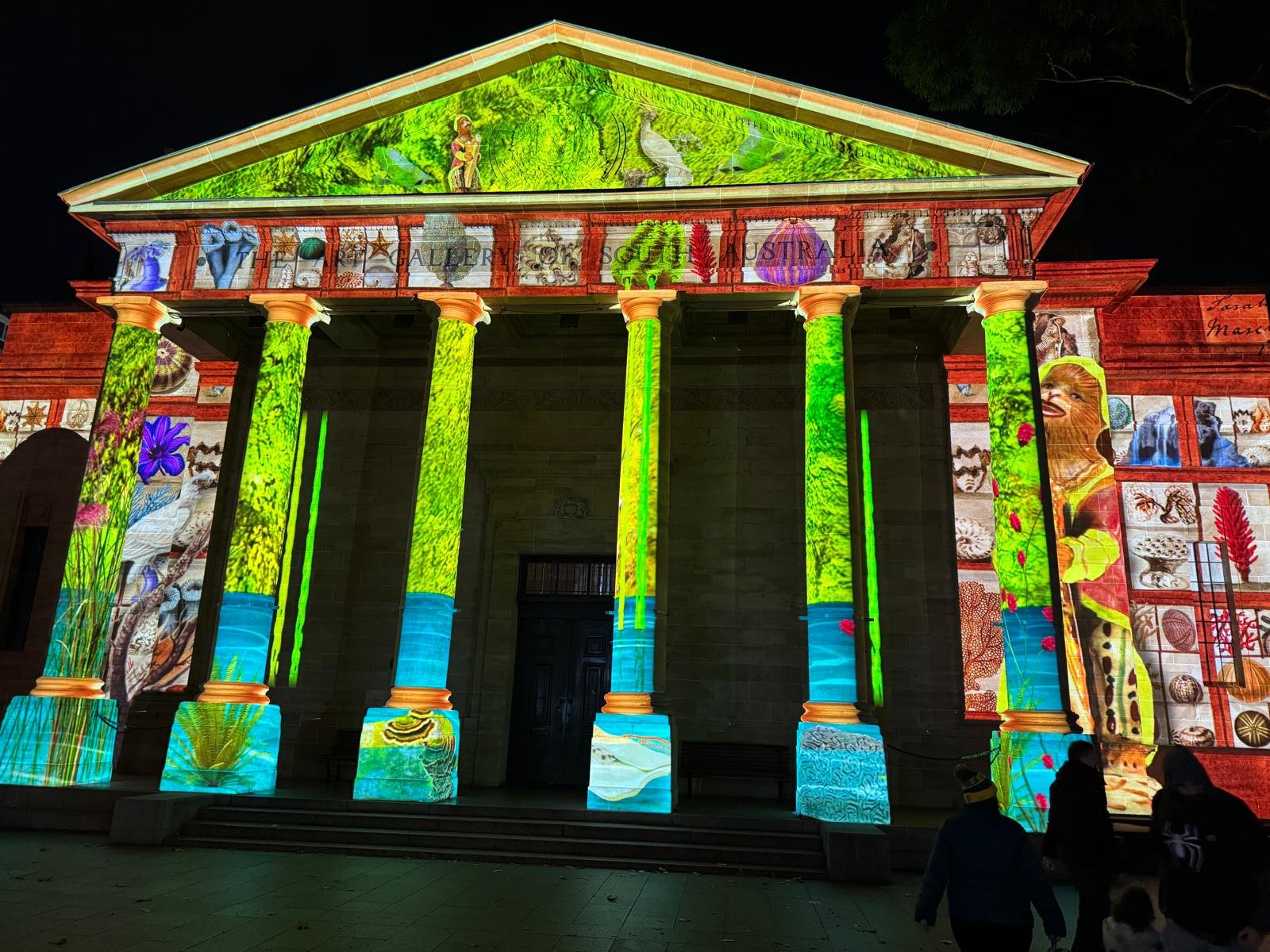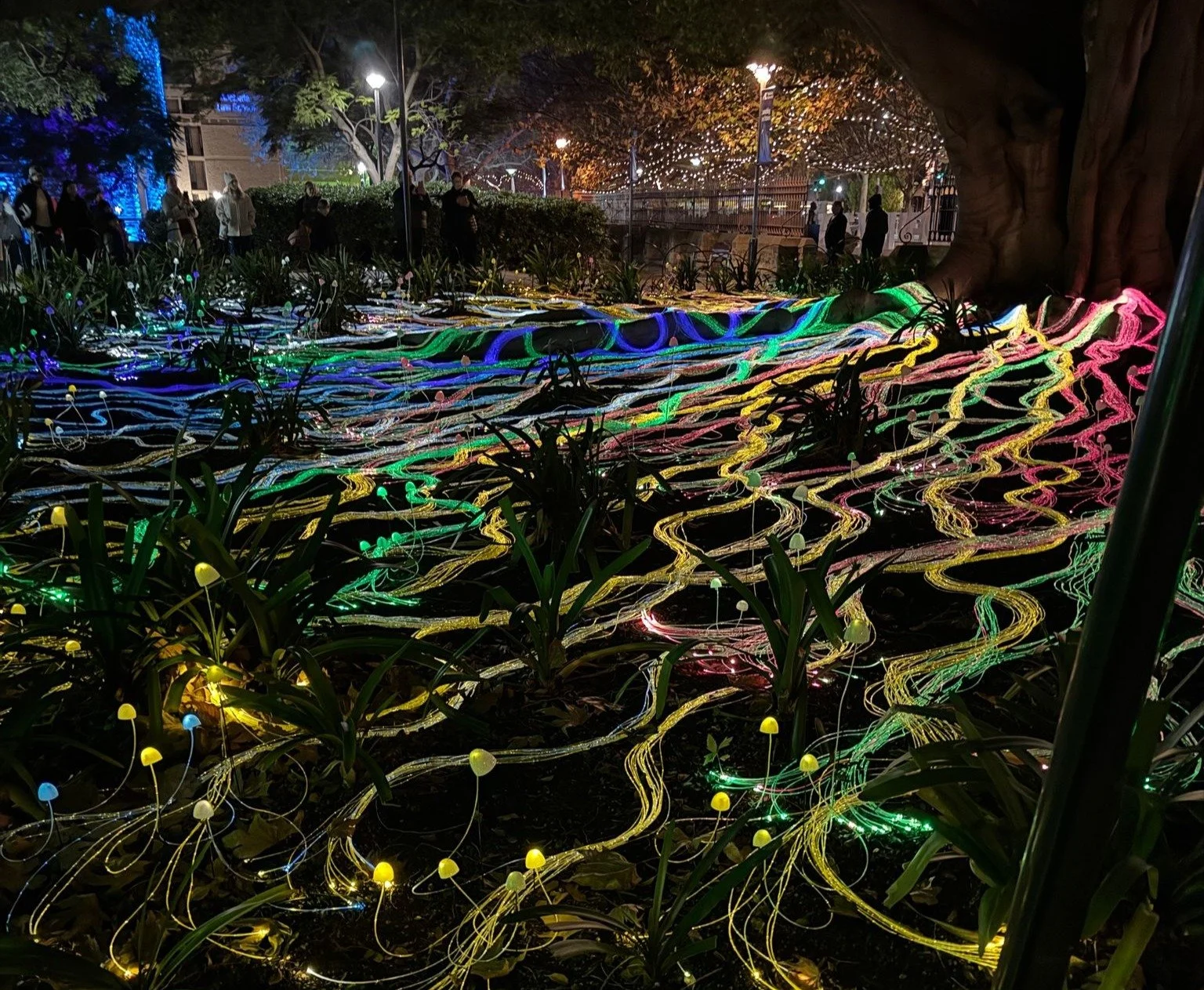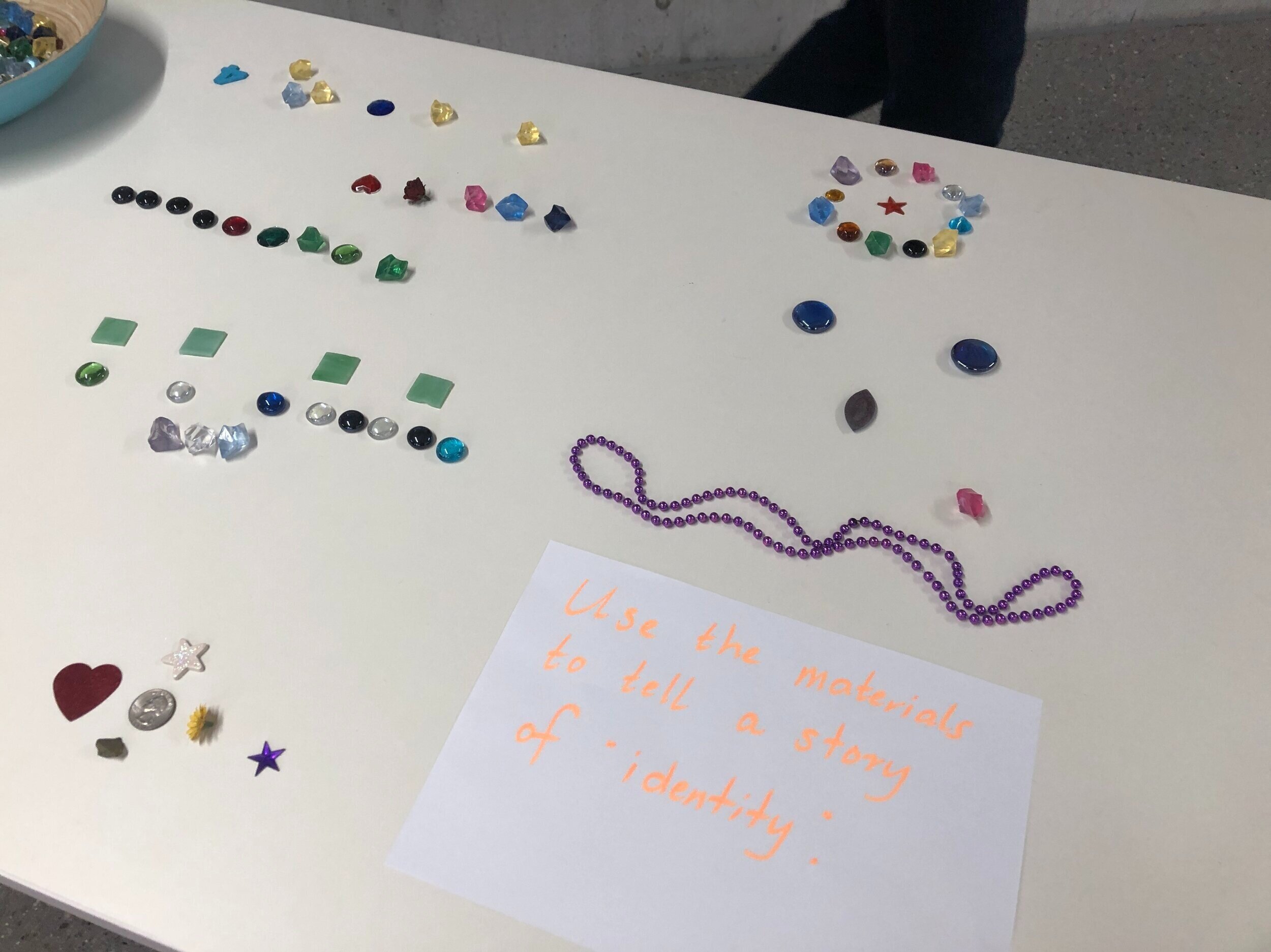
Blog

REAIE Landscapes of Collaboration: New Possibilities for Education in Complex Times: Reflection Four
Beyond Tokenism: Embracing Depth and Authenticity in Practice
Towards the close of the REAIE Conference, we had the privilege of hearing from Lou Kirkwood and Leah Ryan, leaders at New Horizons Pre-School in Hobart.
https://newhorizonspreschool.com.au/
Their presentation offered a powerful insight into how democratic values, pedagogy, and organisational structures can be genuinely aligned with a shared educational vision.

REAIE Landscapes of Collaboration: New Possibilities for Education in Complex Times: Reflection Three
Reflection Three: “Embodied Cognition”
In two compelling keynotes “The City at Play: Children Protagonists of the City” by Consuelo Damasi and “The City Grows Like We Do: Conversations and Encounters” by Elena Maccaferri, we are reminded of a fundamental yet often overlooked truth: learning does not reside solely in the brain. It is embodied, relational, and deeply responsive to the environments we inhabit.

REAIE Landscapes of Collaboration: New Possibilities for Education in Complex Times: Reflection Two
Reflection Two: “Children are Intelligent Researchers”: Consuelo Damasi
When we speak about the “One Hundred Languages”, we want to be clear that every language has equal value and dignity with all the other languages. Schools may place emphasis on written, spoken and read language however these are not more important than the other languages children use to know and understand the world around them. How are we the adults bringing an “aesthetic dimension” to children’s learning?

REAIE Landscapes of Collaboration: New Possibilities for Education in Complex Times: Reflection One
What a joy it was to be part of the Landscapes of Collaboration: New Possibilities for Education in Complex Times conference, hosted by the Reggio Emilia Australia Information Exchange (REAIE).
These are indeed complex times in education and we are all feeling this in different ways in our different contexts all over the world. Being surrounded by educators so deeply committed to honouring the rights, voices, and potential of children was both humbling, inspiring and hopeful. A particular highlight was listening to the powerful words of Consuelo Damasi, atelierista, and Elena Maccaferri, pedagogista, from Reggio Children in Reggio Emilia, so beautifully and respectfully translated by Jane McCall.

The WHAT and WHY of Continuous Assessment
Continuous assessment is an ongoing process of evaluating and providing feedback on learners' conceptual understanding throughout a learning period. It takes the emphasis off relying on a final assessment.

5 Engagements for Conceptual Learning
As we say, when we work with teachers the concepts being focussed on are the language of the learning community. Engagements are developed to continually build on learner’s understanding of the concept and to enable them to reflect on new learning, for them to make sense of their learning.

Relationships and Community: The key to establishing a climate of learning
Recently, I had the pleasure of working with EtonHouse Nanjing, looking at how they could begin their school year so that students feel a part of the community and to foster strong relationships. Below are some of the ideas we collaborated on.

Planning for inquiry, concepts and choice in an online environment
Since the start of the 2019-2020 school year, we have been collaborating to review, revise, and rewrite units of inquiry at Dresden International School. Throughout this process, our aim has been to ensure that within all units, inquiry concepts and agency are embedded. Using the model for developing conceptual units from ‘Taking the Complexity Out of Concepts’ we developed the units of inquiry.

Key Points for Teacher Reflection
Flexibility and Adaptability: the ability to adapt as needed, to not follow a rigid plan and realize that lessons often do not go the way you intended. Being a flexible teacher means that you are more likely to meet the needs of your students as you adjust the learning in response to student needs rather than ‘covering’ a checklist of predesigned activities.

Co-Constructing Planning - Who Do We Plan For?
The planning process, should be dynamic, flexible, ongoing and encourage reflection. Schools and teachers should view planning as being responsive to student learning and interests. The planning process continues throughout the life of the unit and is developed according to the experiences and wonderings that occur during the learning process. There must be space for students to engage in meaningful conceptual inquiry and teachers need to create that space. Without space for student inquiry, wonderings and curiosity it would need to be questioned if the presence of authentic student inquiry existed within the unit.

‘I’m So Excited I Could Burst’
How do we cultivate curiosity, interest and wonderment? If we want students to genuinely inquire it is important that we give them the context for that to occur, a situation where curiosity, wonderment and excitement become a natural part of the learning process.
When working with a Grade One class that was exploring a unit on changing materials, to get the students thinking about the concepts driving the unit we decided to do the ice balloon activity from the Exploratorium site. http://www.exploratorium.edu/afterschool/activities/docs/iceballoons.pdf
